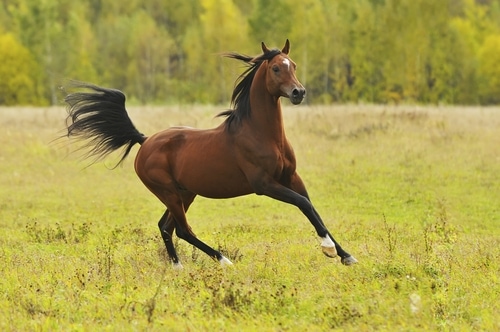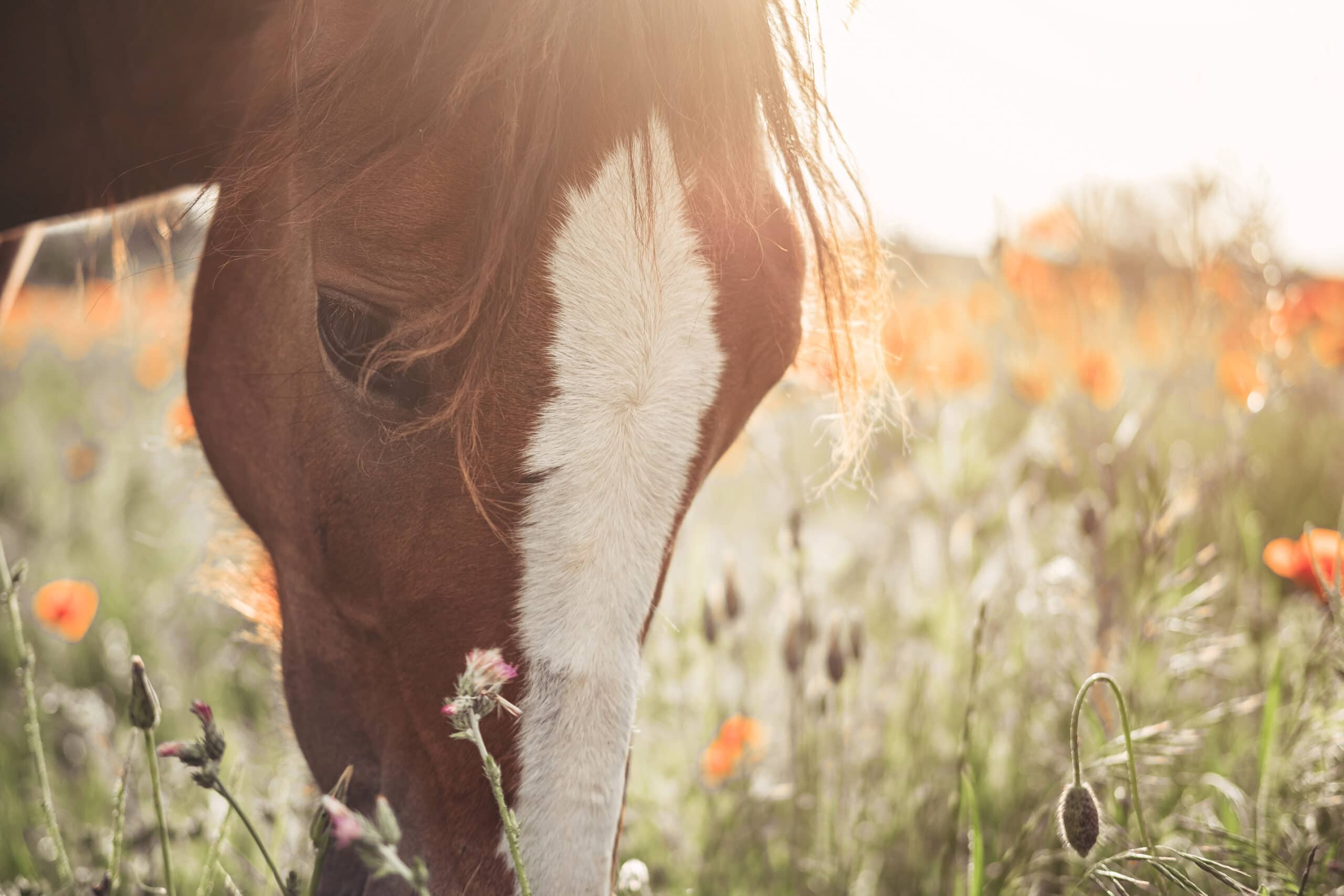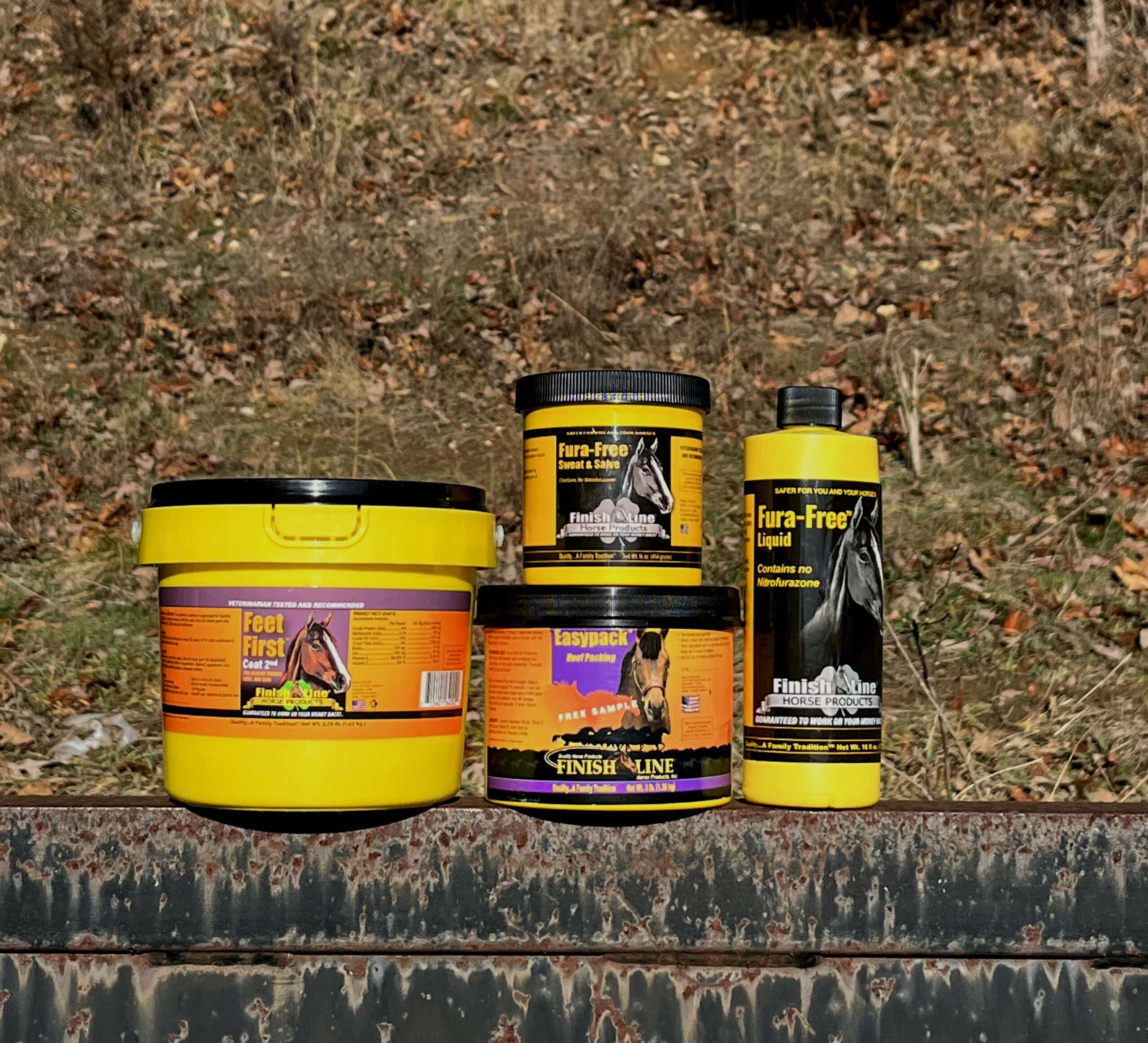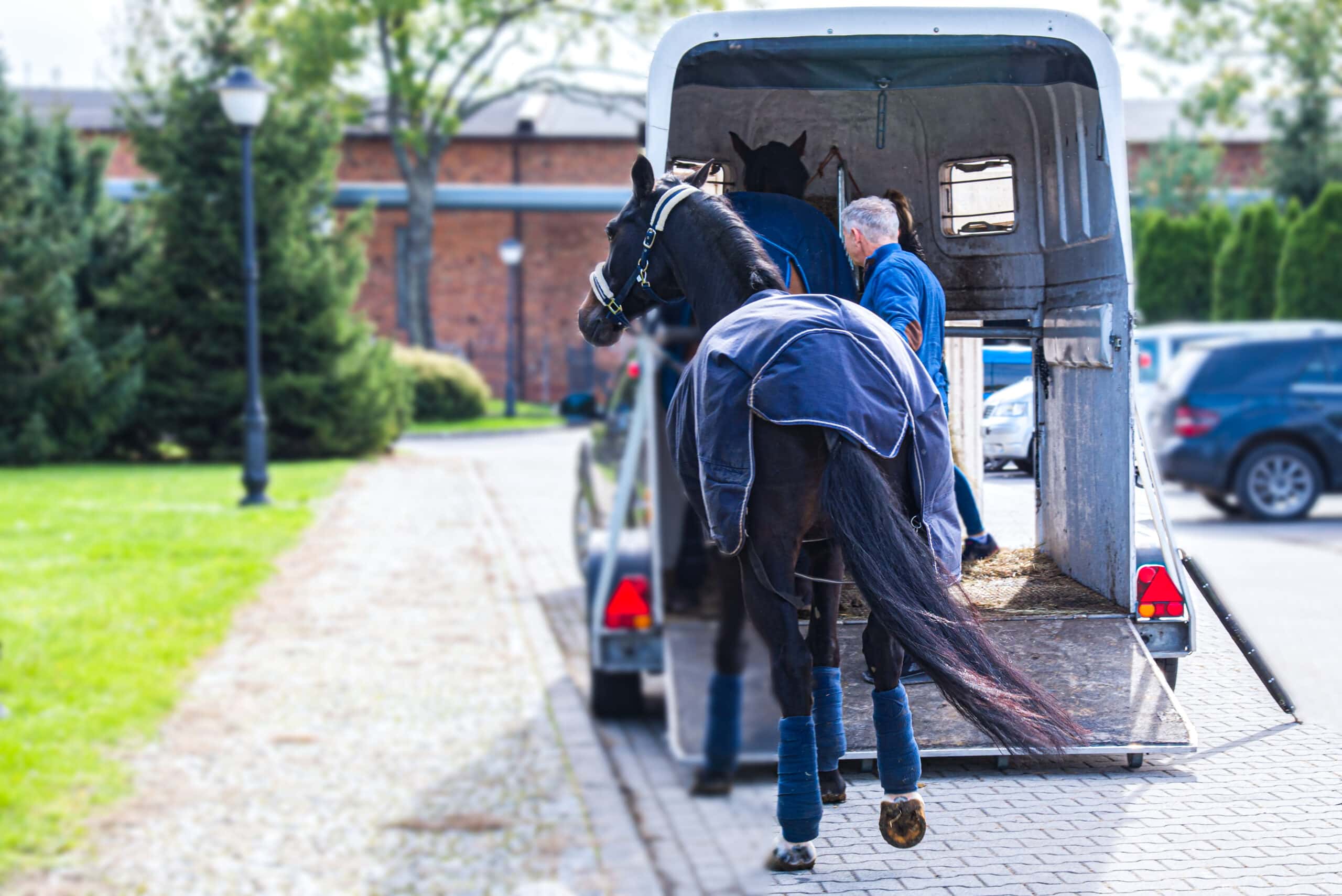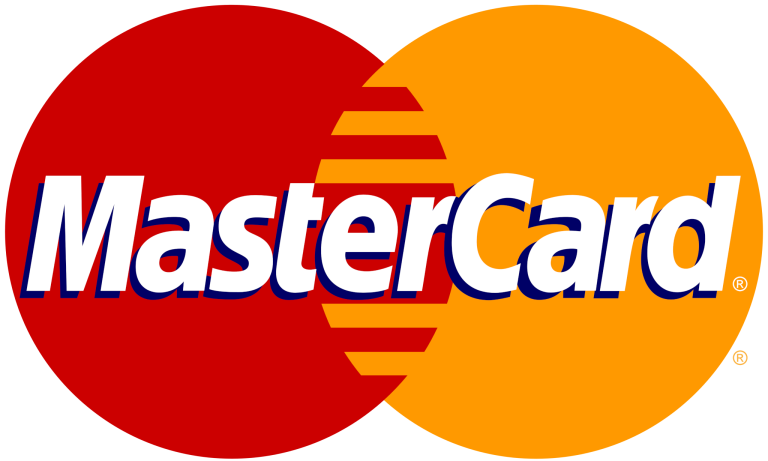While many people dream of someday owning a horse, the reality of horse ownership can be quite expensive. Budgeting for horsekeeping is essential, and there are many unforeseen expenses that can sprout out of nowhere. Everything from planning monthly spending on food and horse supplements and boarding and training costs can start to add up quick. Of course, there are plenty of ways to make sure you get the most out of your money while still providing your horse with all the resources it needs. Here are a few tips to consider when it comes to efficient budgeting for horse ownership:
Don’t get cheap on nutrition
It may seem like an economic move to go with cheaper types of feed, but you could cost your horse and your wallet more in the long run by choosing lower-quality food and supplements. Feed is arguably the primary expense you’ll need to budget for your horse, because there will certainly be much consumption of it. According to equine researchers at Oklahoma State University, a horse consumes approximately 2 to 3 percent of its body weight in feed every day, which means you’ll have to supply anywhere between 20 and 30 pounds of food a day, depending on the weight of your horse. Keeping this math in mind as you budget weekly spending will help you get a better picture of overall expenses.
Before picking out a type of feed, it’s usually a good idea to consult a horse nutritionist as to what types of foods are actually the most beneficial in terms of both health and cost. Reviewing all the quality horse supplements available on the market is also a great way to ensure that your animal gets the essential vitamins and minerals it needs, which in turn can boost overall health and avoid trips to the veterinarian in the long run.
Bulk buying
As with most expenses, buying more product up front will usually save you more money further down the road. This can be true for many essential horse expenses, ranging from feed, hay, supplements, medicine to shavings, and most dealers will more than likely be willing to cut horse owners a deal if they’re willing to buy a larger quantity up front.
Health care is top priority
While you may be more inclined to save money on feed or bedding, cutting corners is never an option when it comes to maintaining your horse’s health. It’s inevitable that your horse will run into the occasional injury or illness, and addressing the problem immediately – no matter the cost – will save money on veterinary costs later on. Whenever you notice your horse acting different or unresponsive, don’t shrug it off. You never know when a case of lethargy actually means digestive complications, and spending money on veterinary care sooner than later will help you avoid more drastic health expenses in the future.
Invest in efficient equipment
Sometimes, looking at a costly price tag is enough to send shivers down your spine. However, justifying more expensive equipment means taking a different approach to the initial investment. If you spend more money on a quality pair of clippers or sturdier trailer upfront, you’re less likely to pay for upgrades later on. It’s important to understand that the first year of horse ownership is usually the most expensive, because of all the initial investments that need to be made. But once you’ve splurged on all the essential appliances, you won’t have to worry about these purchases and costs in the future.
Be high maintenance
Just because you’ve bought the fancy equipment or appliances doesn’t mean your end of the deal is over. Make sure to keep an eye out for the maintenance of any investments you make, such as cleaning the trailer out or washing clippers, tack or grooming equipment after usage. Take as much pride in these accessories as you do with your horse, and you won’t have to worry about replacing them.





